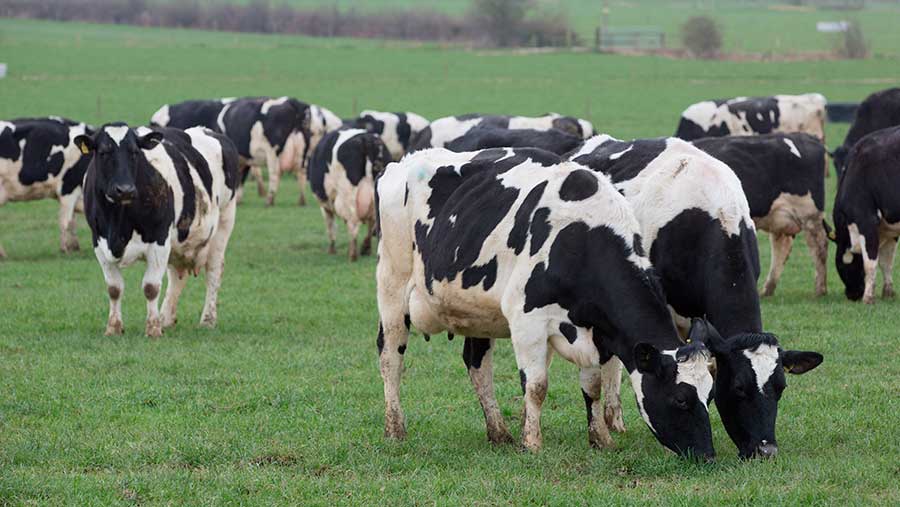Defra statement reignites row over homeopathy for animals
 © Tim Scrivener
© Tim Scrivener The row over the use of homeopathic treatments for livestock and pets has been reignited after Defra said it has no evidence that homeopathy is a risk to animal welfare.
Farm minister George Eustice was asked a parliamentary question by David Tredinnick MP (Conservative, Bosworth) about whether Defra has any evidence to show that homeopathic vets were a risk to animal welfare.
In response, Mr Eusice confirmed that Defra does not have any evidence.
See also: Effectiveness of homeopathy for livestock unproven, review warns
However, the minister added that it should be noted that homeopathic treatments are not subject to the same level of detailed efficacy and safety tests as “conventional” medicines.
Scientific principles
Peter Gregory, veterinary dean of the Faculty of Homeopathy, said the minister’s answer drives “a coach and horses” through the stance taken by the Royal College of Veterinary Surgeons (RCVS).
RCVS released a position statement in November 2017 that said homeopathy was not based on “sound scientific principles” and in order to protect animal welfare it regarded such treatments as being complementary, rather than an alternative to conventional treatments.
“The argument that homeopathy endangers animal health is spurious, unsubstantiated and wrong,” said Mr Gregory.
“In light of the secretary of state’s statement, I call on the Royal College to look again at its position on the use of complementary medicines in veterinary practice.”
Efficacy issues
In response, RCVS said it remains the college’s position that while there is no evidence that homeopathic medicines and treatments are harmful in and of themselves, there is also no recognised evidence base regarding their efficacy and that homeopathy is not based on sound scientific principles.
“As per our statement of 3 November 2017, we believe that the risk to animal health and welfare does not come directly from the use of homeopathic medicines or treatments but from their use preventing or delaying the use of medicines or treatments that do have an evidence base and are based on sound scientific principles.
“For these reasons we would reiterate that while homeopathic products can be used, it should be on a complementary basis to conventional medicines and not as an alternative.”
More than 18,000 people have signed an online petition in support of veterinary homeopathy since the RCVS published its position statement.
The British Association of Homeopathic Veterinary Surgeons has organised a demonstration that will take place in London on 16 April.
